Two wars, elections in the world’s oldest and largest democracies, memoirs, biographies and ancient histories dominated the non-fiction titles of 2024. If cartoonist and journalist Joe Sacco’s Palestine (and War on Gaza), Antony Loewenstein’s The Palestine Laboratory, Bob Woodward’s War, Rahul Bhatia’s The Identity Project, Dhirendra K. Jha’s Golwalkar caught the state of the world in a flux, other books on history, like Manu S. Pillai’s Gods, Guns and Missionaries, artificial intelligence, anthropology, environment put a spotlight on prevalent themes. Here’s The Hindu’s top books of the year.
The Hindu’s top non-fiction books of 2024
Here are The Hindu’s top non-fiction titles of 2024, compiled by Sudipta Dutta | Video Credit: The Hindu

‘Gujarat Under Modi’ by Christophe Jaffrelot


The French political scientist and Indologist’s book was ready in 2013, but he was asked to delete so many passages he decided not to go ahead with it. He held on to it, till it could reach readers in 2024. “Gujarat was the blueprint for post-2014 India,” he told The Hindu in an interview, pointing out that four mainstays of Narendra Modi’s strategy in Gujarat was scaled up to the national level — communal polarisation, the capture of institutions, crony capitalism, and a specific kind of high-tech communication-based national populism.

Christophe Jaffrelot
‘The Burning Earth’ by Sunil Amrith

Historian Amrith maps 500 years of human neglect of the environment and the huge costs of such acts. “The dream of human freedom from nature’s constraints is under assault by viruses, burned by wildfires, drowned by floods, scorched by extremes of heat,” he writes in the Introduction, and explains through his masterful study how the earth has reached this state of planetary crisis.

Sunil Amrith
‘The Many Lives of Syeda X: The Story of an Unknown Indian’ by Neha Dixit

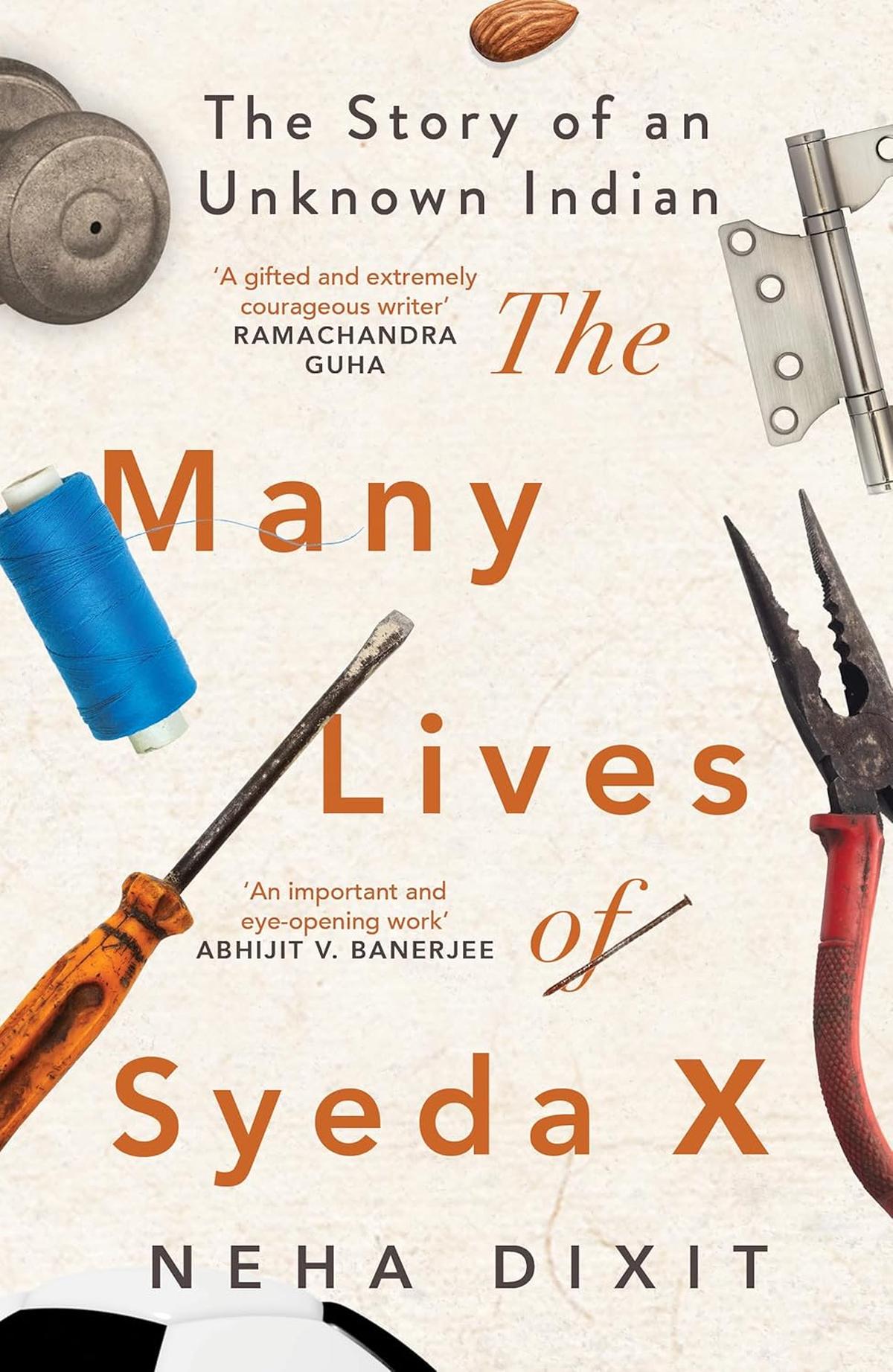
Neha Dixit chronicles the lives of home-based female workers with a focus on Syeda, a Muslim woman who makes everything from namkeen, photo frames, door hangings, cycle brake wires, plastic toy guns, wedding cards, rakhis and faux leather balls, even while she is displaced from her homes in a communally-charged North India. In an interview to The Hindu, Dixit rued the fact that such stories “are everywhere around us, but not in the media because the media has structurally stopped talking about the urban poor in the country.”

Neha Dixit
‘Why We Die: The New Science of Ageing and the Quest for Immortality’ by Venki Ramakrishnan

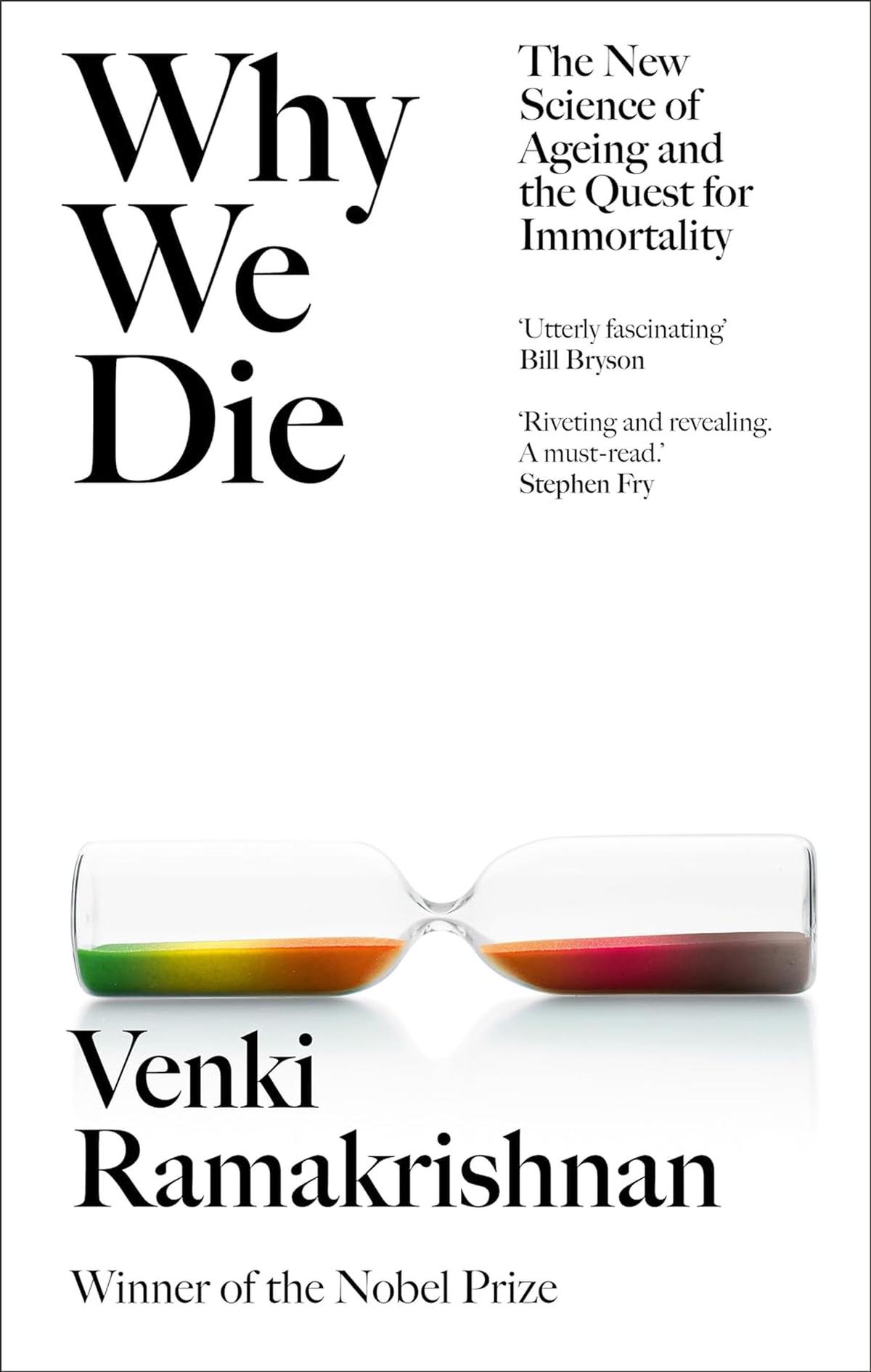
In the book, Ramakrishnan, the molecular biologist and Nobel laureate in Chemistry, examines the hype around this question: would we want to live forever? In an interview to The Hindu, he said living extremely long lives would lead to a weird and stagnant society. “We are having a much slower turnover between generations than we did before, so it will be a different kind of society. That’s also assuming that your brain stays sharp and aware, and that’s not a solved problem. Regenerating the brain is not in the realm of possibility right now.”
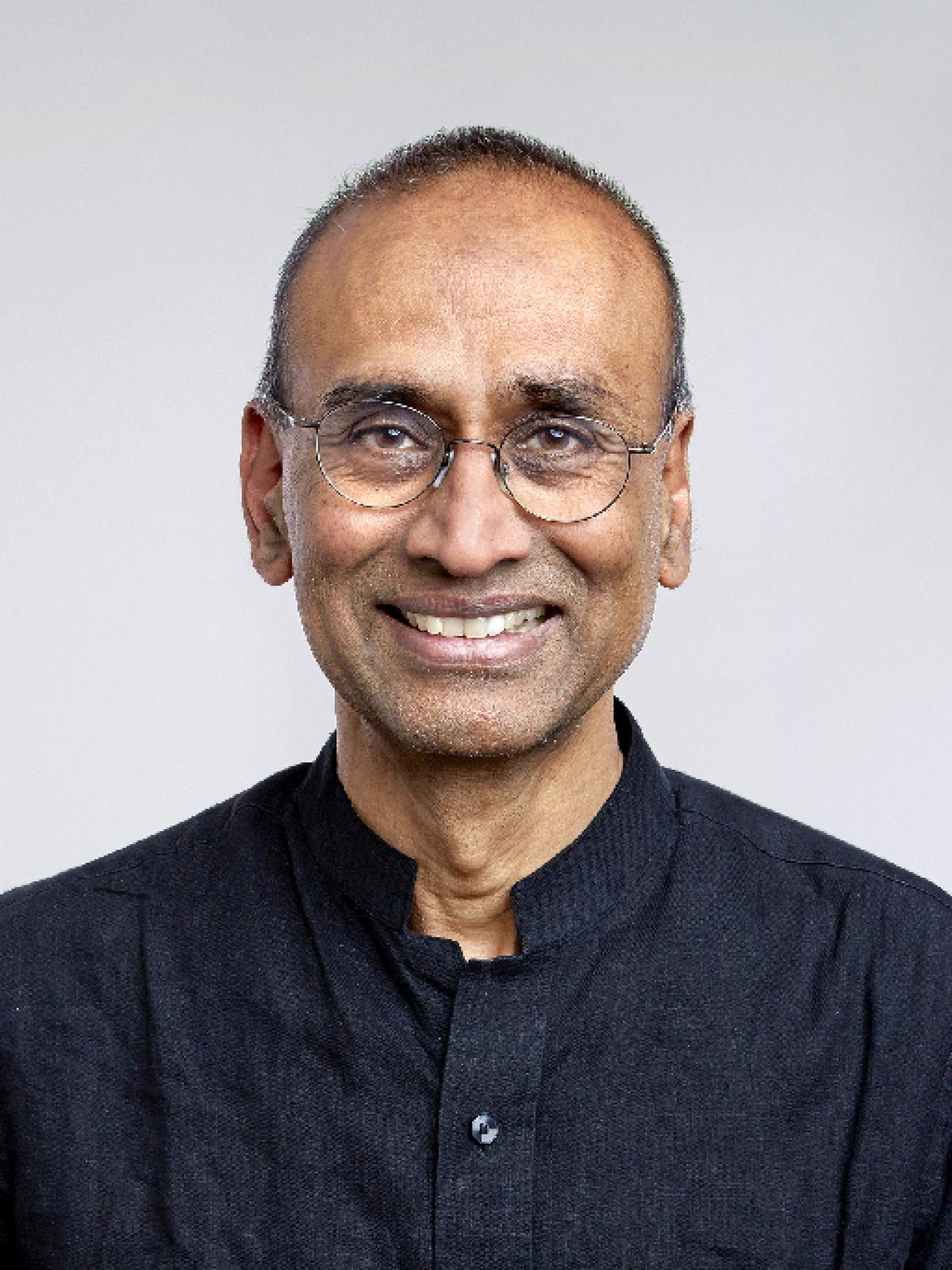
Venki Ramakrishnan
‘Knife’ by Salman Rushdie


In 27 seconds one August in 2022, Rushdie was viciously stabbed in his eye, neck, chest and thigh by an assassin. Coming over three decades after Iran’s Ayatollah Khomeini had issued a fatwa following the publication of The Satanic Verses, it’s incredible that Rushdie lived to tell this tale in the book. At a personal level, the “angel of life” prevailed over the “angel of death”.

Salman Rushdie
‘The Incarcerations’ by Alpa Shah

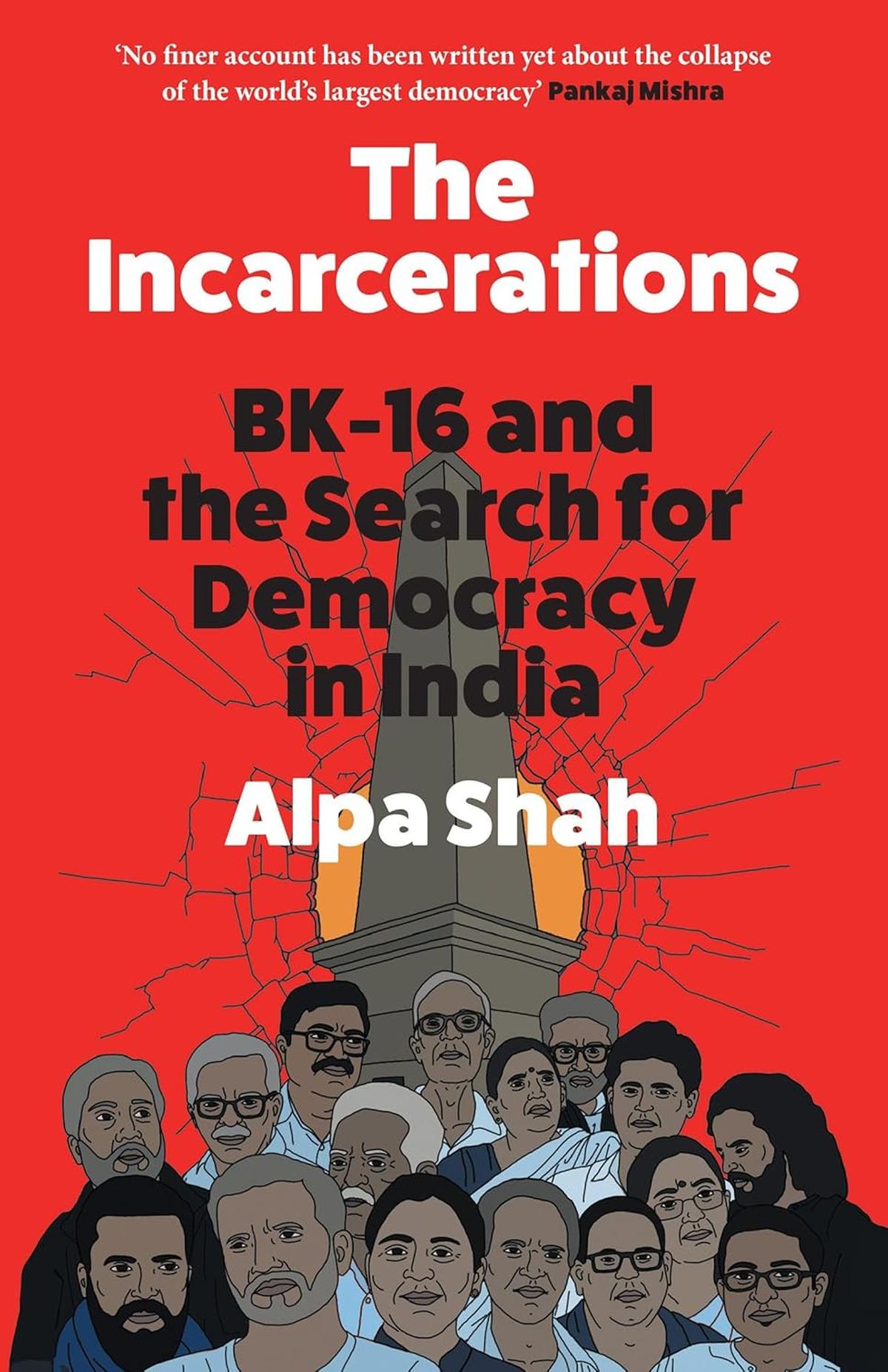
Shah narrates the story of each of the 16 accused in the Bhima-Koregaon case, who found themselves thrown into jail between 2018 and 2020, accused of being Maoist terrorists or ‘Urban Naxals’. Shah writes that they were all “custodians of democracy” and had fought for the social justice of India’s most vulnerable sections.

Alpa Shah
‘The Golden Road’ by William Dalrymple


Dalrymple is known for his books on the East India Company, but in his latest book, he has turned his attention to ancient and early medieval India, mapping its role as an exporter of ideas. In an interview to The Hindu, Dalrymple said the book is the story of how India had a much larger footprint in the world than even Indians realise. “This is a story of how Indian trade led Indian ideas to spread around the world.”

William Dalrymple
‘Iru: The Remarkable Life of Irawati Karve’ by Urmilla Deshpande and Thiago Pinto Barbosa

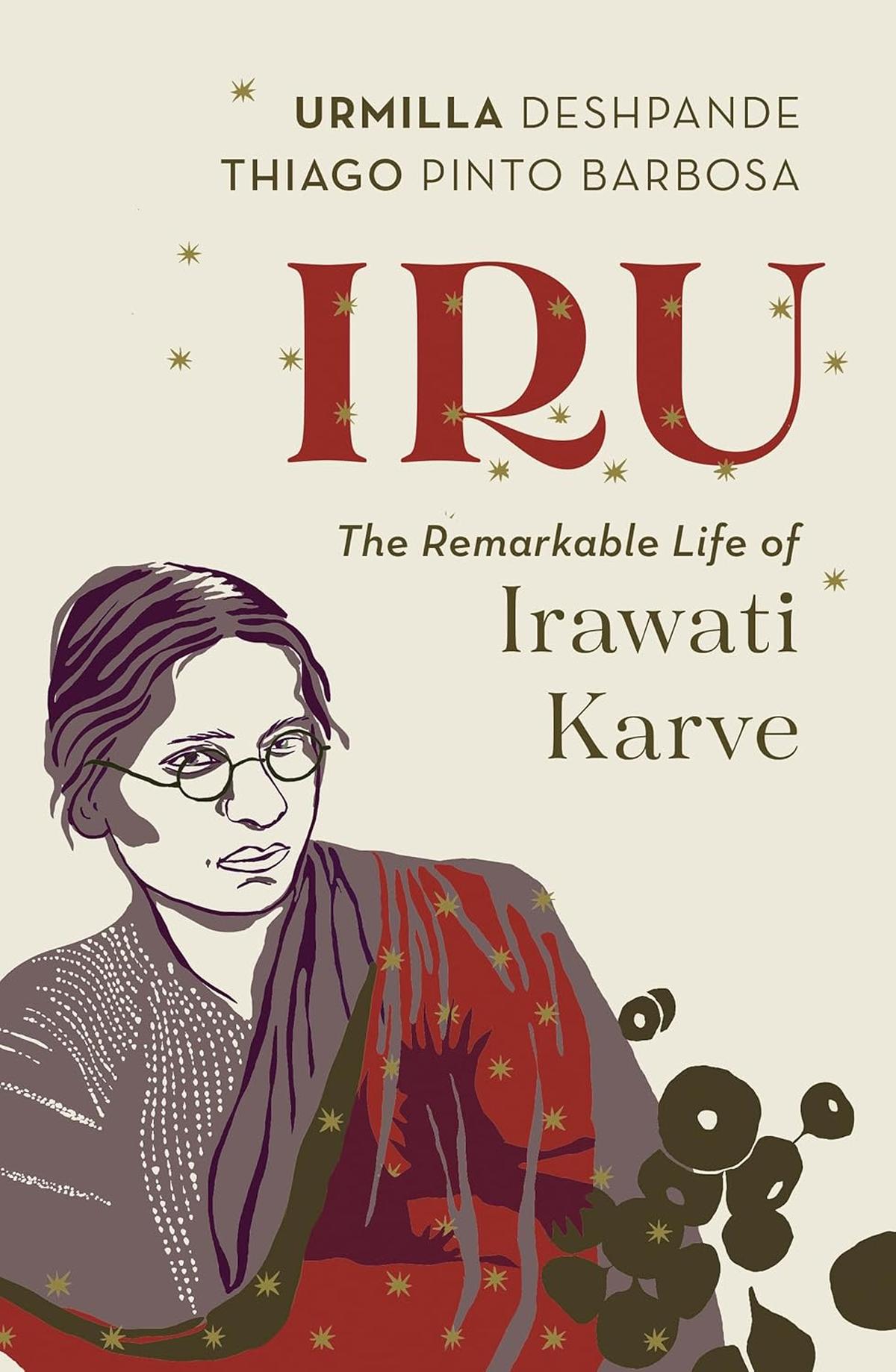
Irawati Karve is one of India’s foremost anthropologists, and the first woman to lecture in the social sciences. This book by Urmilla Deshpande and Thiago Pinto Barbosa profiles the pioneer, tracing her personal and historical journey by researching archives and places she worked at.
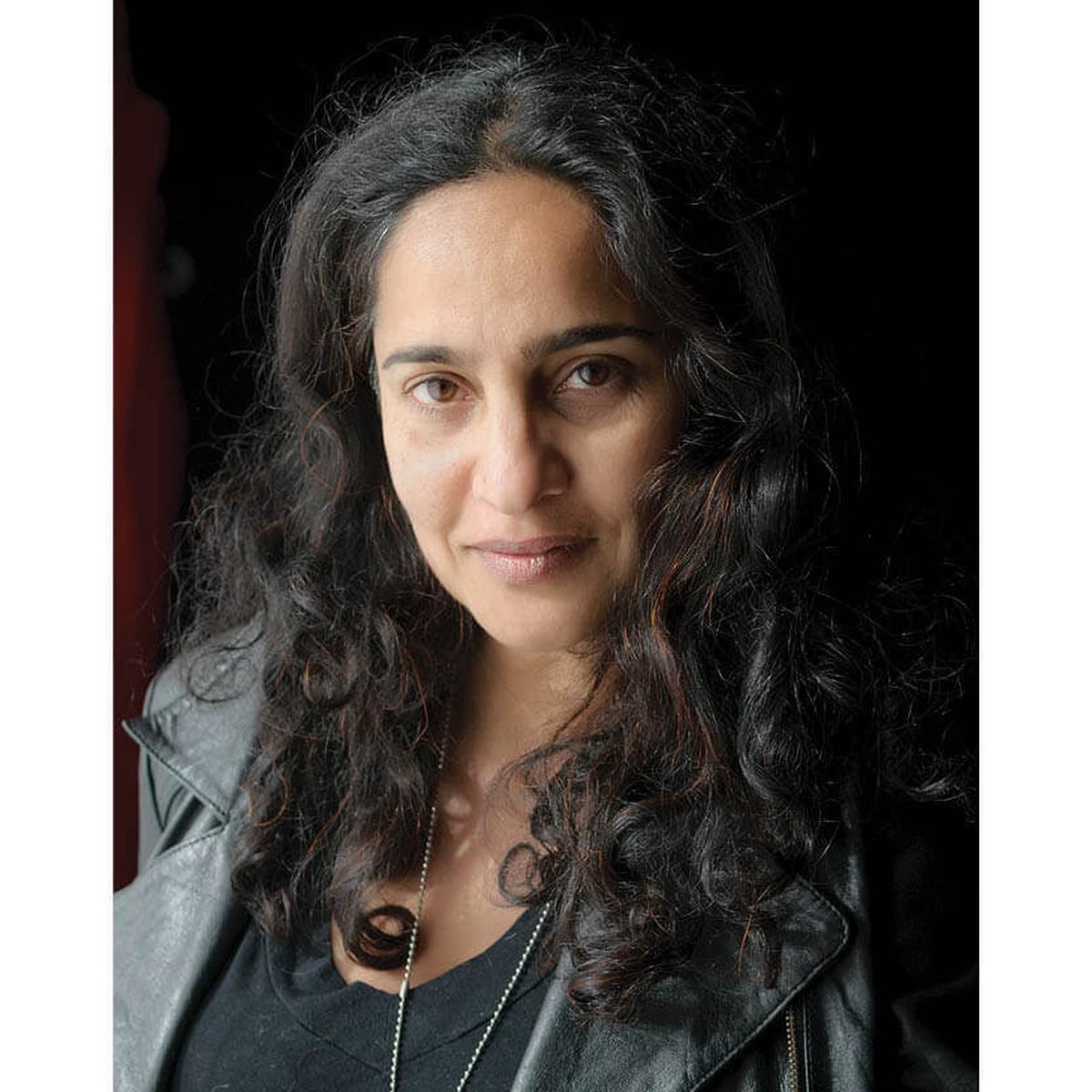
Urmilla Deshpande
‘Iconoclast: A Reflective Biography of Dr. Babasaheb Ambedkar’ by Anand Teltumbde

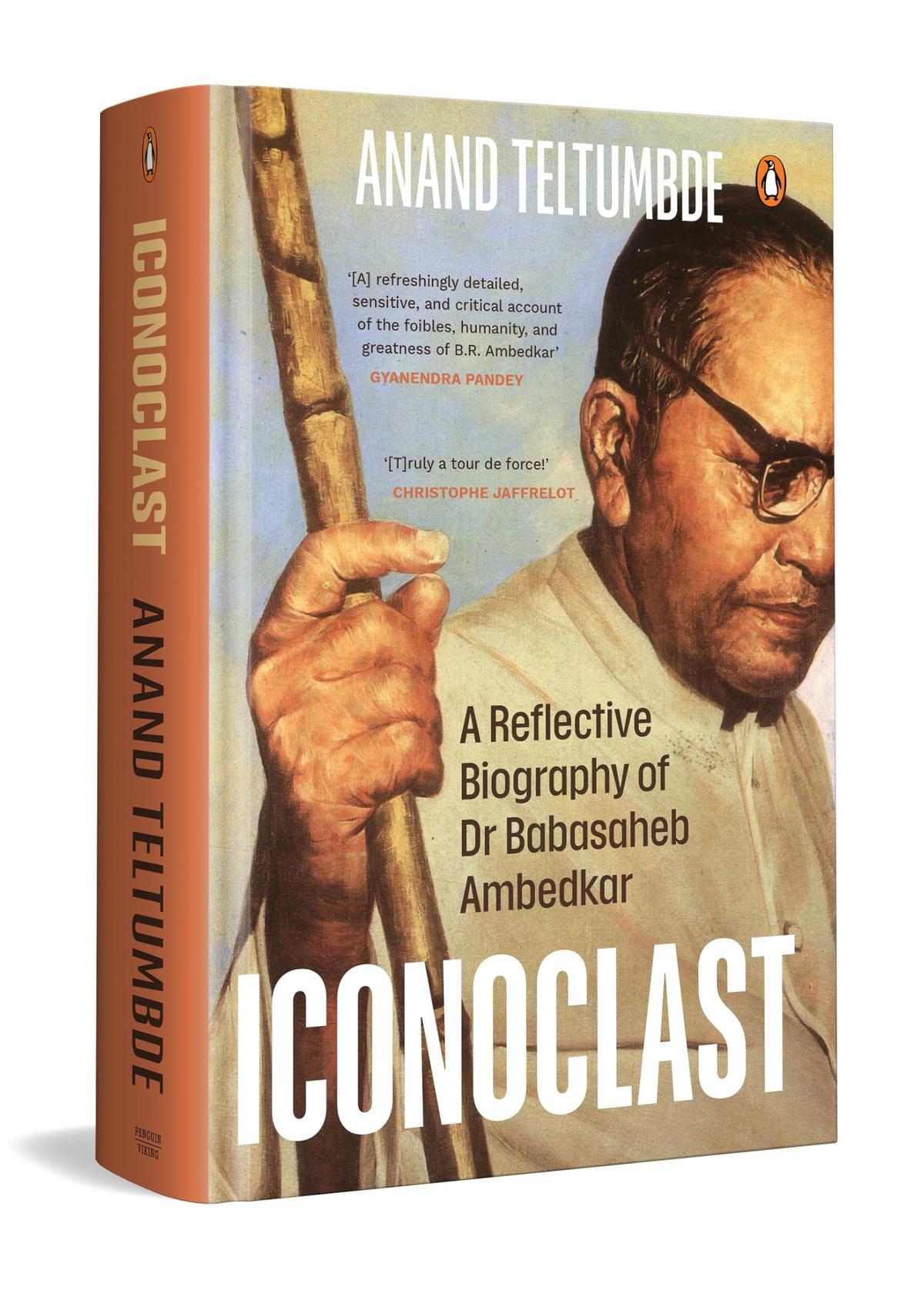
Last year, there were at least seven books on Babasaheb Ambedkar, including Ashok Gopal’s A Part Apart (Navayana), which won the Kamaladevi Chattopadhyay NIF Prize for 2024. Ambedkar’s tumultuous life has warranted another look, and the key takeaway of Teltumbde’s bookis a warning against the deification of Ambedkar by the Hindu Right and by political parties who cynically seek the Dalit vote in his name.

Anand Teltumbde
‘Code Dependent: Living in the Shadow of AI’ by Madhumita Murgia


This book, shortlisted for the inaugural Women’s Prize in Non-Fiction, lifts the veil hanging over humans who are building the base for AI’s super structure to stand on, and why they need to be mindful of the lurking dangers. In an essay for The Hindu, she wrote about future concerns surrounding AI-led machines like ChatGPT: how will children learn while leaning heavily on these tools? Can they think properly without learning to write well? And, ultimately, who the hell are we if all our ideas and thoughts can be replicated by machines?

Madhumita Murgia
sudipta.datta@thehindu.co.in
Published – December 27, 2024 09:09 am IST
